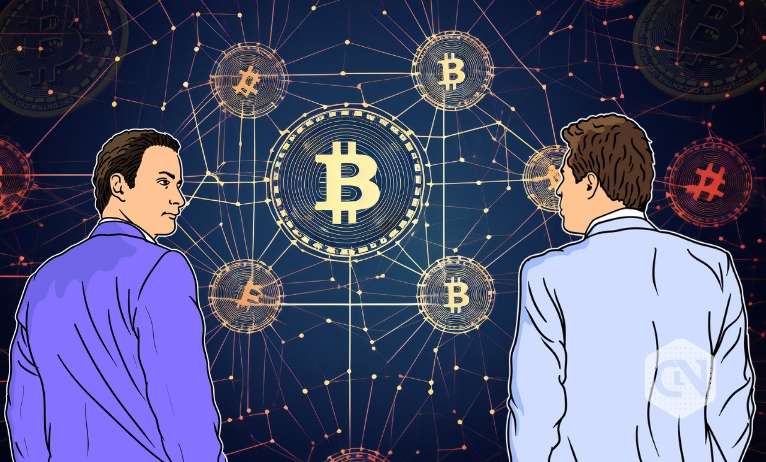[ad_1]
Bitcoin Network has reported congestion problems, and Bitcoin Core developer Luke Dashjr has said that inscriptions could be leaving traces of vulnerability. Thereby effectively spamming the Blockchain. This has not affected the trading values of BTC, with the token exchanging hands at $43,987.15 at the time of articulating this piece.
However, the community is worried about the impact that Ordinals and BRC-20 tokens are going to have on them. Luke has stated that while no direct effects are visible at the moment, the issue is likely to indirectly affect them in the coming days. For now, the issue at hand remains the creation of Ordinals and BRC-20 tokens to spam the network.
Luke has explained this by saying that Bitcoin Core has always enabled the community to set limits on the size of data transactions they mine. Inscriptions bypass that limit to create the said tokens and spam the network.
It was reportedly fixed in the v25.1 version but continues appearing in the v26 release. The community and Luke hope that the upcoming v27 release, scheduled for next year, will fix the vulnerability.
The community has started responding to these reports. Memes have asked if the said tokens would stop being a thing if the bug or vulnerability were fixed. Others have sought answers pertaining to how it will actually affect the holders. Luke has clarified that the tokens will stop being a thing and that the effect on holdings will be indirect.
That brings the discussion back to the value of BTC on the board. The token is up by 0.78% in the last 24 hours and 15.92% in the last 7 days. It is poised to surpass the next resistance mark of $45k.
An exploit being faced by the Bitcoin network comes out as a bug that can be fixed in the upcoming versions. An additional breach transpired, resulting in the theft of funds estimated to be worth ~$100 million by malicious actors.
The incident dates back to the early days of November and relates to Poloniex, where the team had even offered the hacker a white-hat bounty of 5%, provided they returned funds in 7 days. Justin Sun stated the bounty after the platform was quick enough to disable all the affected wallets, with a commitment to reimburse the affected users.
Simply put, it is a normal trend for Blockchain networks to face exploits. They could be internal or external, with bugs in the network representing the internal factor for exploitation and hackers cornering the network as external malicious actors. The community and Luke hope that the next version will fix inscriptions to prevent spamming of the Blockchain. Meanwhile, holders remain worried about how much and when the vulnerability will affect their holdings.
[ad_2]

